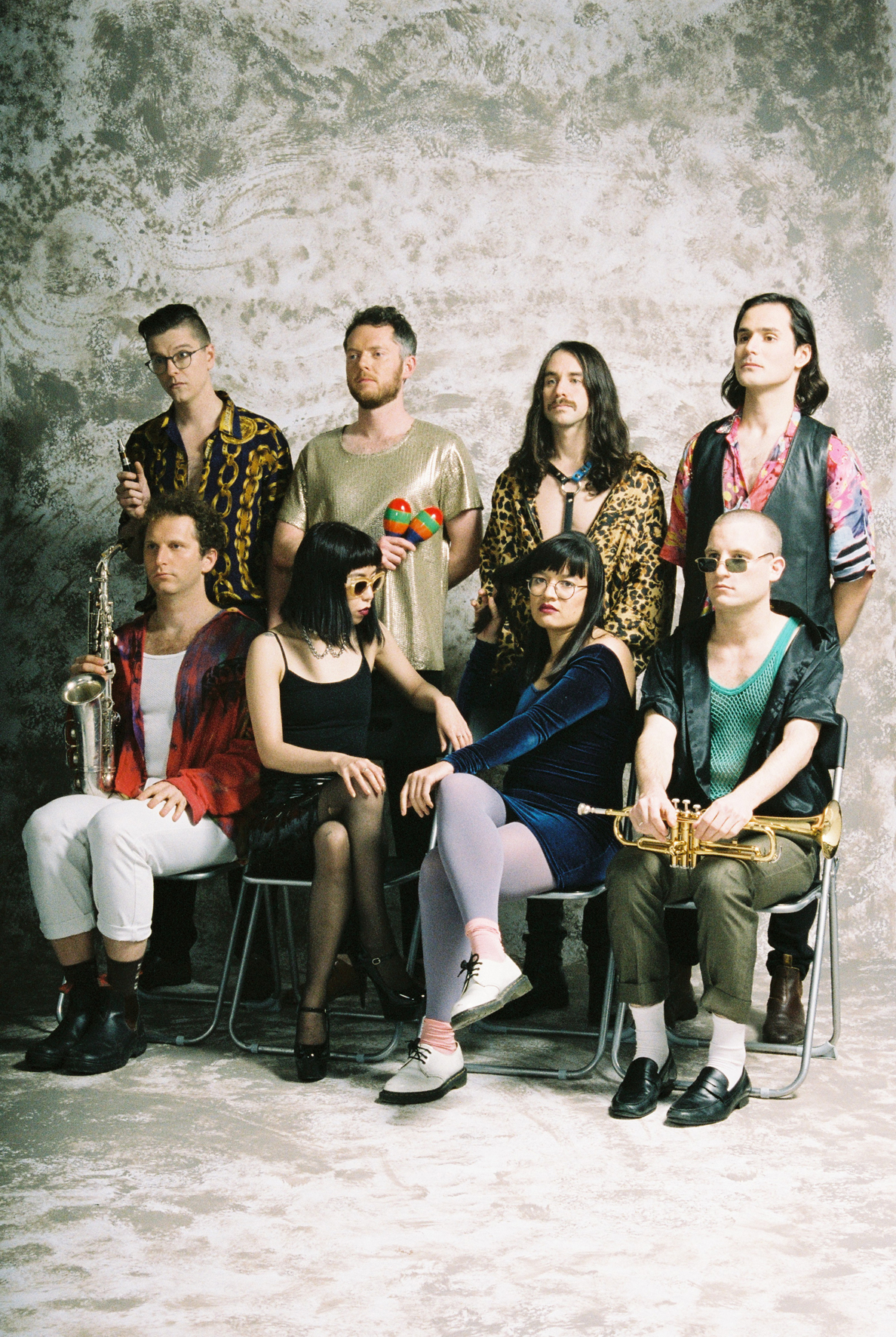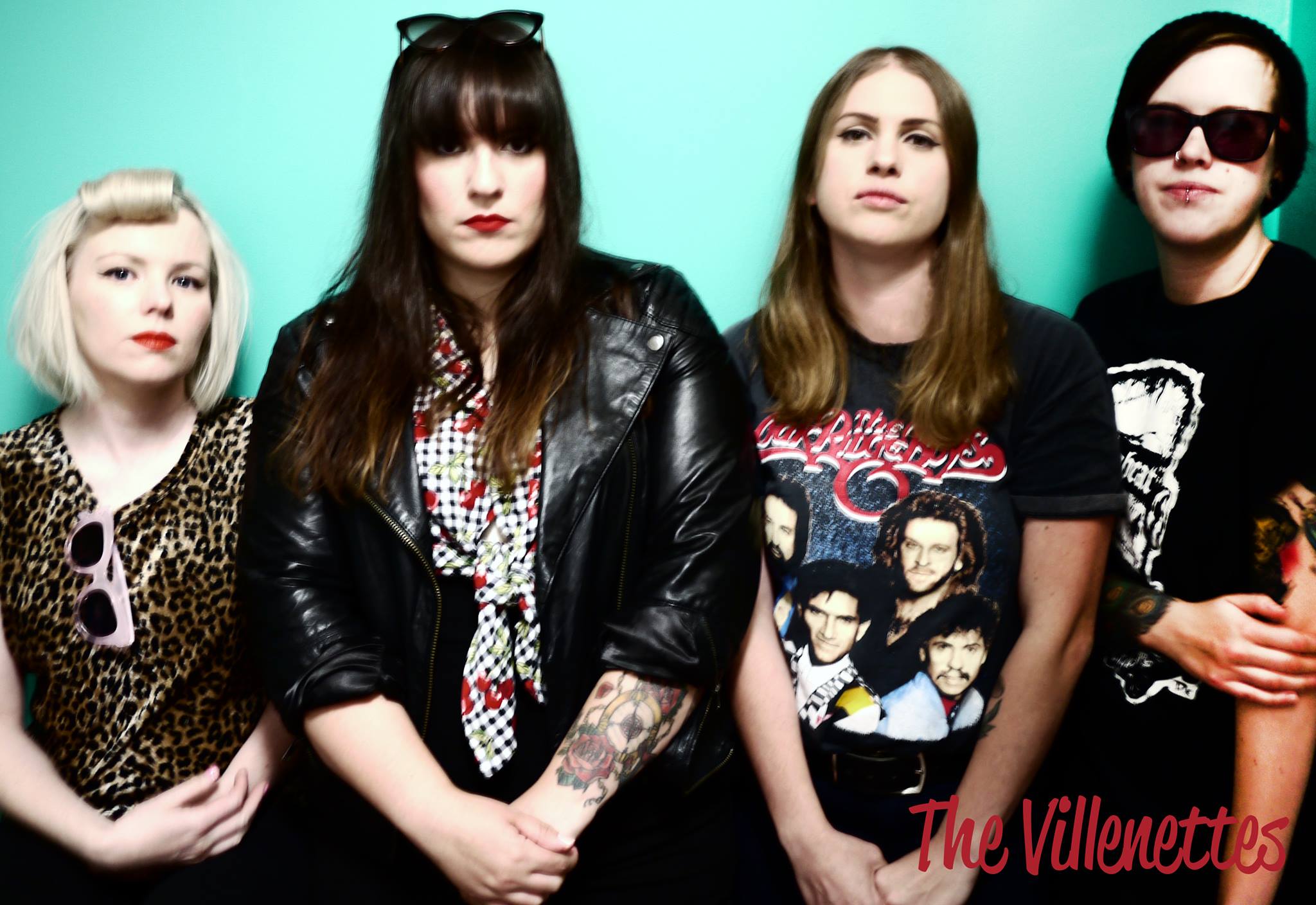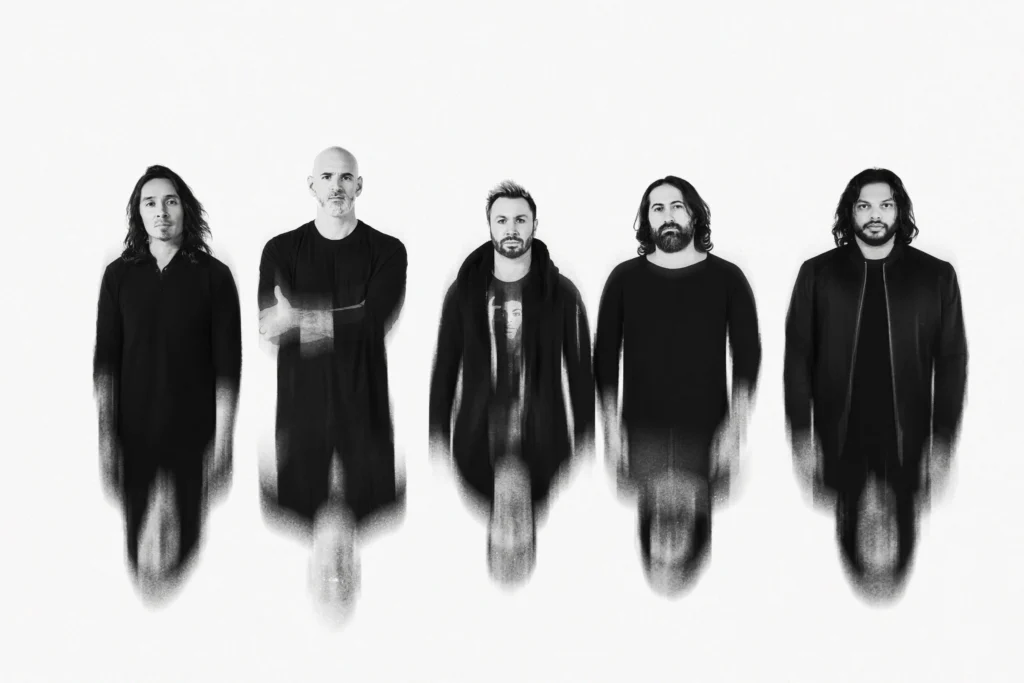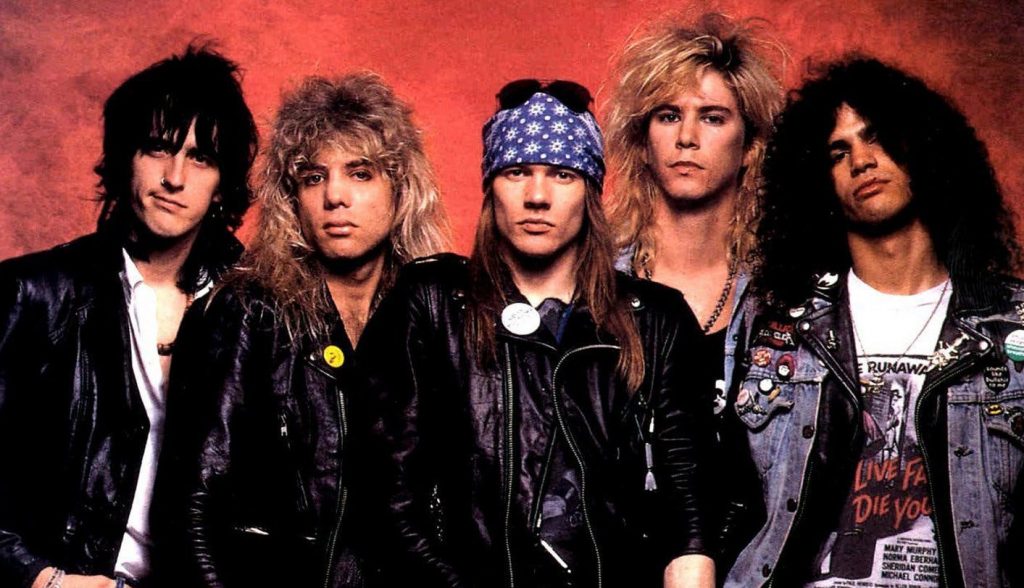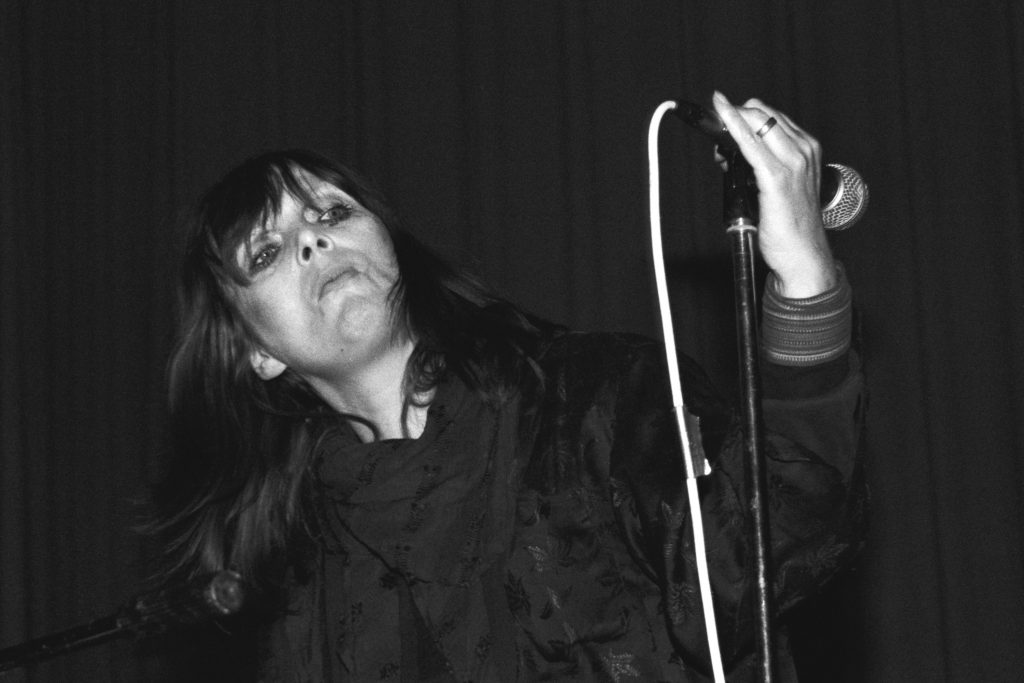“Afterlife was about facing up to who you are and being part of the discussion about bigger issues under the surface, which is how in Australia we hold a lot of our insecurities and thoughts about national identity: under the surface.”
Released last month, Afterlife is reflective of the fact No Zu is now an eight-piece collective. The band’s unique take on percussive groove music has gained much critical acclaim and led to major slots at Golden Plains, Sugar Mountain and WOMADelaide. Oogjes remains the factory centre of the band, overseeing the propulsive rhythms and abstract universe presented on Afterlife.
“We’re connected by this umbrella term heat beat,” he says. “[It’s] semi-tongue in cheek, but also that’s an attempt at stripping away the ego and being about a collective sound with a clear focus. Everyone has their own idea of how they fit into it and what particular skills or dynamics that they can add to it. I definitely don’t say, ‘This is the way everything’s happening,’ and that’s it.”
Created in a time of endless subgenre classification, heat beat was an off-the-cuff term invented to lampoon journalists who sought to categorise No Zu’s sound.
“There’s this world of global dance music, from salsa to Afrobeat,” says Oogjes. “I mean you could just name a million, and they all fit in together as a unifying thing and that’s part of what the heat beat is. So it is quite easy for people to pick who they think our influences are because a lot of things relate to it.”
The phrase has now come to represent the band’s philosophy as well as their onstage approach. “If we’re not drenched in sweat after a show then I really don’t feel like we’ve put in enough energy. “We played a show at Howler and the air conditioner wasn’t working. It was packed and I was in my element. When there’s just sweat dripping and people taking their clothes off, feeling the heat, that’s the whole point of No Zu.”
While Life was a sonically dense production, the tracks on Afterlife are largely built around simple grooves with layers of percussion, horns and vocals, plus delays and reverbs shifting in and out of the arrangements. The result is an album of global funk music that’s heavy on hooks.
“Since the last record, I – and I’m sure a lot of the other guys – have been listening to a lot more dance music than previously, and dub as well, where you only need three elements and you can base a whole track around it. I’ve got a real aversion to music that sounds too clever or intellectual for the sake of it. By pulling out the bass at one point so you can hear the drums for 16 bars, there’s something in the pleasure parts of the brain that really gets off on when the bass comes back in.”
Although there are some electronic-focused tracks on Afterlife created by just Oogjes, the majority of songs were tracked all together and then picked apart. “We record a whole bunch of live grooves with as much percussion and saxophone and stuff as we can, and then I go back and start stripping things down and trying to find what needs to be there.
“It’s a completely intuitive process. As an example, in Spirit Beat there’s this breakdown bit where I use the deep voice – ‘It goes, goes, goes’ – with just the kick and the bells. Something like that would have just happened at rehearsal and got us excited. It’s essentially body music that you shouldn’t really be using your brain for.”
No Zu are a consciously self-referential outfit. They’ve invented their own terms for song titles (see Ui Yia Uia) and aren’t afraid to re-use musical motifs within multiple songs. Oogjes compares this to Parliament-Funkadelic, who famously created an abstract narrative that runs throughout their catalogue.
“I think to have something focused and for people to feel like it’s a complete world of its own, it needs to have references from within itself and that should come through clearly. That’s probably the main drive of No Zu that’s different. I like to think of our catalogue of music like one work and things relate to each other.”
Within that lexicon, the term heat beat could be seen as a satirical comment on both national and musical identity, and the crushing effect that can have on culture. “I think homogeny and gentrification, whether it’s of current dance music or rock’n’roll, is actually the point. That’s the scary thing for me and something that I’m happy to rebel against, because that in itself is pretty gross.
“But all that said, you can just cross that out and say, ‘But also No Zu’s just body music as well,’ because it’s also meant to be about the feel and not the brain. So there’s a real contradiction there, but I think that reflects society as well, so that’s fine.”
BY ALEX WATTS
